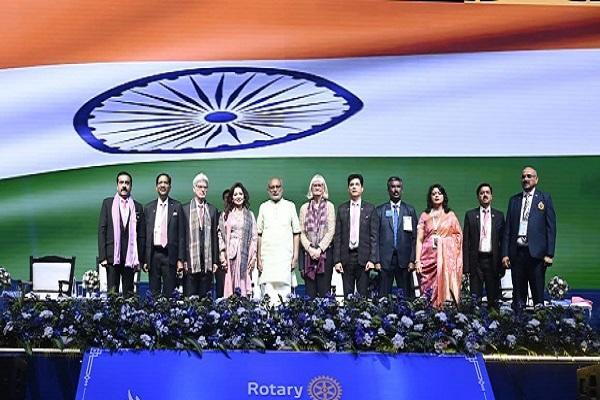
AI, Creators & Tier-2 Cities Power India’s Startup Growth
India’s startup ecosystem has been witnessing a meteoric rise in recent years, driven by innovative technologies, new business models, and a growing appetite for entrepreneurship. According to a recent report by Meta-A&M, India’s startup growth is being fueled by the adoption of AI, omnichannel models, expansion into Tier-2 and Tier-3 cities, and a creator-driven branding approach. In this blog post, we’ll delve into these trends and explore how they are reshaping the startup landscape in India.
AI Adoption: The New Normal
The report reveals that a staggering 70% of Indian startups are using Artificial Intelligence (AI) to drive their businesses. AI is being used to automate processes, improve customer experience, and gain insights into customer behavior. With the abundance of data and computational power, AI is becoming an indispensable tool for startups to stay competitive. For instance, AI-powered chatbots are being used to handle customer inquiries, freeing up human representatives to focus on more complex issues. Similarly, AI-driven predictive analytics is helping startups anticipate customer needs and offer personalized experiences.
Omnichannel Models: The Future of Customer Engagement
The report also highlights that 67% of Indian startups are adopting omnichannel models to engage with their customers. Omnichannel models involve providing a seamless and consistent customer experience across multiple touchpoints, including social media, messaging apps, websites, and physical stores. This approach is crucial in today’s digital age, where customers expect to be able to interact with brands whenever and wherever they want. By adopting omnichannel models, startups can ensure that their customers are always connected and engaged, leading to increased loyalty and retention.
Tier-2 and Tier-3 City Expansion: The New Frontier
Contrary to popular perception, Indian startups are not just limited to Tier-1 cities like Bengaluru, Delhi, and Mumbai. The report reveals that 95% of startups are targeting smaller cities, including Tier-2 and Tier-3 cities. This is a significant shift from the traditional startup narrative, which focused on the metros. By expanding into smaller cities, startups can tap into new markets, reduce competition, and increase their customer base.
Creator Economy: The Rise of Influencers
The report also highlights the growing importance of the creator economy in India’s startup landscape. According to the report, 88% of startups partner with influencers early on to promote their products or services. Influencers have become a crucial channel for startups to reach their target audience, build brand awareness, and drive sales. With the rise of social media, influencers have become a powerful marketing force, and startups are increasingly recognizing their value in building a strong brand.
Conclusion
India’s startup ecosystem is evolving rapidly, driven by innovative technologies, new business models, and a growing appetite for entrepreneurship. The adoption of AI, omnichannel models, expansion into Tier-2 and Tier-3 cities, and the rise of the creator economy are just a few trends that are reshaping the startup landscape in India. As the ecosystem continues to grow and evolve, it’s essential for startups to stay ahead of the curve, adopt new technologies, and innovate to stay competitive. With the right strategy and approach, Indian startups can continue to thrive and make a significant impact on the global startup landscape.
Source:






